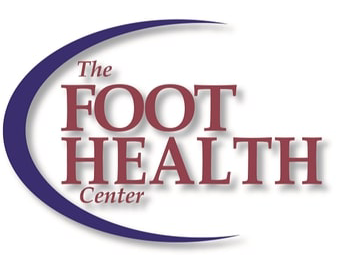
Haglund’s Deformity
Haglund’s deformity refers to a bony protrusion at the back of your heel that becomes inflamed. This condition can affect one foot or both and is often referred to as the “pump bump” since it typically affects young women who wear high-heeled shoes.
Causes of Haglund’s Deformity
Wearing high-arched shoes that cause the heel to tilt back, toward the tendon is the most common cause of Haglund’s Deformity. By walking in shoes with high-arches and firm backs, you put pressure on the back of your heel. This pressure irritates the area surrounding the enlarged bone, causing the soft tissue that acts as a cushion between the bone and Achilles tendon to become inflamed.
Heredity may play a role in Haglund’s Deformity, as foot structure may make you more prone to developing the condition. Placing more weight on the outside of the heels when you walk can also increase your chances of developing the deformity, as this motion causes the bone and tendon to rub together. Once the condition starts to develop, it can worsen if your Achilles tendon is tight and inflexible, as this can compress the already inflamed tissues.
Haglund’s Deformity symptoms
Symptoms of Haglund’s deformity include:
- A large bump on the back of your heel.
- Pain near your Achilles tendon.
- Redness surrounding the affected area.
- Swelling of the soft tissues on the back of your heel.
Treatment of Haglund’s Deformity
Both non-surgical and surgical treatments are available for Haglund’s deformity depending on the severity of the condition. Non-surgical treatment works to reduce inflammation and pain, but will not reduce the bony protrusion.
Non-surgical treatments
Non-surgical treatments include:
- Applying ice or cold compact to the affected area for 20 minute intervals throughout the day to reduce swelling.
- Reducing inflammation using ultrasound therapy.
- Taking anti-inflammatory medication to reduce pain and swelling.
- Using topical pain medication.
- Wearing a cast or boot to immobilize the foot and allow the tendon and surrounding tissues to heal (typically reserved for more severe cases).
Preventive steps to hinder increase in severity
There are also steps you can take to prevent Haglund’s deformity from becoming more severe. These include:
- Placing heel lifts in your shoes with high arches to help reduce pressure on the heel.
- Stretching to help your Achilles tendon become more flexible.
- Using arch supports to control motion of the foot.
- Wearing backless shoes or shoes with soft backs to reduce pressure and irritation.
- Wearing heel pads to reduce irritation.
If non-surgical treatments are unable to provide sufficient relief for your symptoms, you may benefit from surgery. Contact your doctor to discuss surgical options and determine which procedure would best meet your needs.
Back
